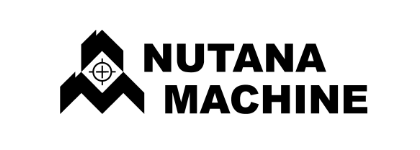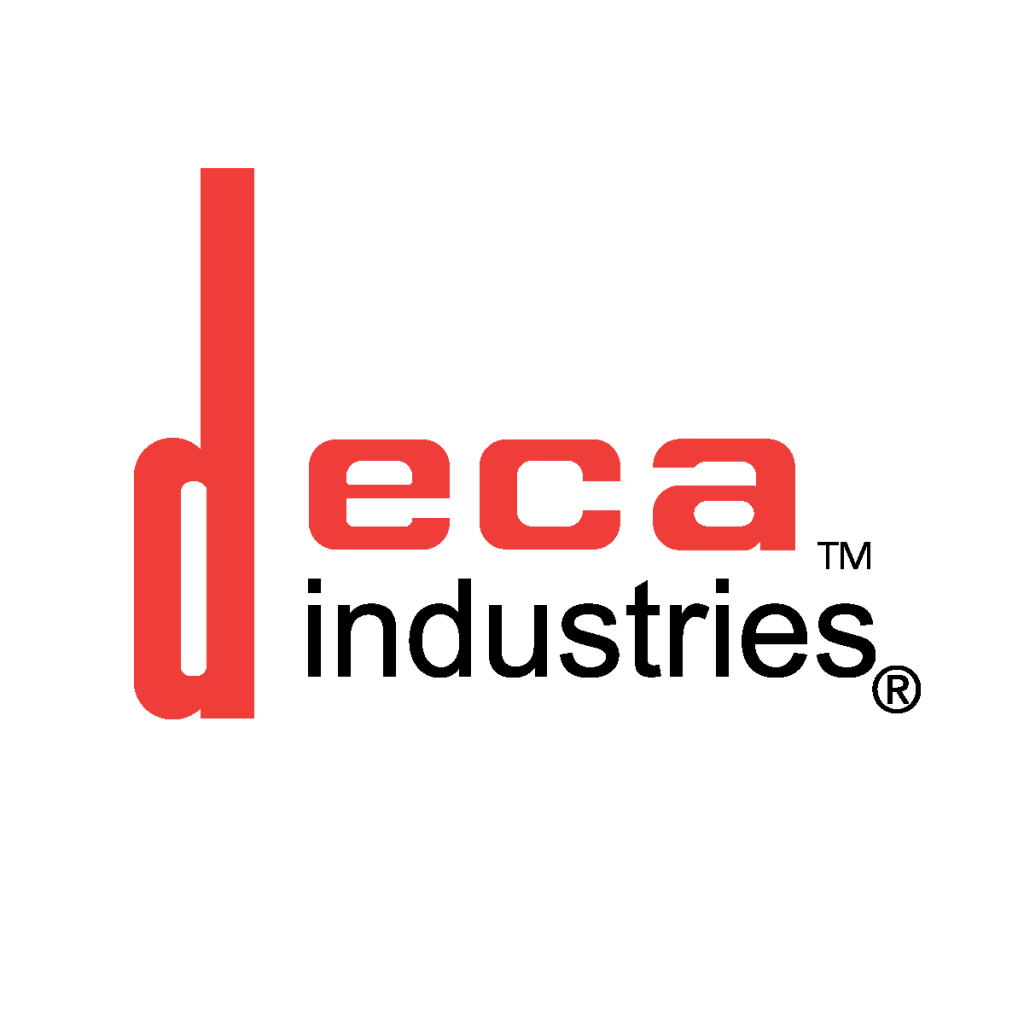From the National Post:
REGINA — Saskatchewan Premier Scott Moe says a plan by the United States to restore Russia’s ability to sell fertilizer is a backchannel that funds Ukrainian death and suffering.
“This is the most disturbing action that I think we’ve seen from (U.S. President Donald Trump) since his election,” Moe told legislators Tuesday.
“In essence, what he is doing is funding (Russian President) Vladimir Putin’s regime … and funding the death of Ukrainians.”
*****************
So, Premier Moe goes to Washington. And for his efforts, gets the import tariff on potash reduced from 25 per cent to 10 per cent. This is reasonable, given the fact that potash is as critical to the American economy as oil, meaning that America lacks sufficient supply of its own and must thus import the shortfall.
But then this: reports that America siding up alongside Russia in assisting it to expand global markets for fertilizer.
To be clear, I stand 100 per cent with the premier, in that a dollar for a Russian product is a dollar that will go toward furthering the death and subjugation of Ukrainian people.
If the premier’s response strikes you as somewhat personal, here’s why: some 14 per cent of Saskatchewan’s people have a Ukrainian heritage, and since 2022, when Putin launched his murderous adventure inUkraine, the province accepted hundreds of thousands of Ukrainian people fleeing oppression.
So, let’s call it what it is: “blood potash”.
I applaud Premier Moe’s courageous statement because he could have simply let the comment pass. Call it diplomacy or appeasement. But he didn’t, he came out clearly and unequivocally on the side of what is right. That is what I call a hero.
Is there a risk of opening the flood taps of bottled-up Russian capacity and the market flooded with immense amounts of material? One point to make about Russian, or Belarusian potash, perhaps one of the worst kept secrets during the past several years was that despite sanctions, limitations on port access, Black Sea shipping challenges, etc., Russian (and probably Belarusian) potash was making it into western markets. The overall market has taken it into consideration.
Now that I’ve got that off my chest, I want to pull on your coat a bit about the unfolding global tariff war. If you recall my previous column, my opinion was that tariffs on American imports of Canadian potash, be they 10 per cent or 25 per cent, would not be too negative a drag on the Saskatchewan industry, for two main reasons: a) America is a mature market; and b) the growth in demand is into developing markets such as Asia, India, South America, and the Middle East/Africa. As of today, I have not changed my opinion.
Overall, prices have strengthened in Q1 2025, riding up to the $305 to $315 USD range. The industry had a profitable Q4 2024 and entered the new year showing strong share price appreciation. Demands remain strong and stable, and if the prices remain at this level, potash will be profitable due to increased sales, not due to price appreciation.
Notwithstanding the stability of the sector, most of the time when someone asks me about potash, it is from the base of fear generated by the larger tariff question. Make no mistake, we will all feel the effects of the global disruption of the world economy, but I remain confident the potash sector will weather the storm.
The following words are directed to the Saskatchewan potash service and supply sector: our industry is based upon an overabundance of security, sustainability, modernization, low-cost expansion potential, long-established trade relationships, and most important, home-grown people who are fighters to the bone, and are anything but pushovers.
If you are in the service and supply sector, here are five solid reasons why you should have confidence that things, in the end, will work out okay for you:
- Saskatchewan is perfectly deployed to pivot its industry to sell product to new global customers. One of the best-kept secrets is the network of Saskatchewan trade offices set up by the Ministry of Trade and Export Development. This network allows a guy like me to sell into any market I choose, without having to do a lot of expensive legwork.
- I believe that the provincial and federal governments are aligned to focus upon increasing the east-west transportation of goods, especially bulk tonnage commodities such as potash. Over the next three to five years we will see significant investments by our governments to increase transportation capacity.
- While there are government incentives to encourage the expansion of production capacity, incentives that encourage innovation, optimization, and more efficient production would significantly strengthen the industry in its effort to not only be the best, but also the cheapest, global producer.
- There are buyers who seek their own supply of potash, and these groups should be encouraged to invest in the province. It’s not important who produces if new mines provide jobs, services, and royalties to the provincial coffers. Saskatchewan should more aggressively solicit such investments through targeted investment credits.
- For those in the service and supply sector: the government should encourage you to hang in by offering a tax credit that incentivizes small to medium businesses to keep their people employed. It’s time for the service and supply people to get a break.
I plan to pay a visit to Regina, so if you have anything you’d like me to add to the wish list, or if you want to join me, reach out to The Potash Producer’s publisher, Mic Paterson, and he will connect us.
Nuff said…









